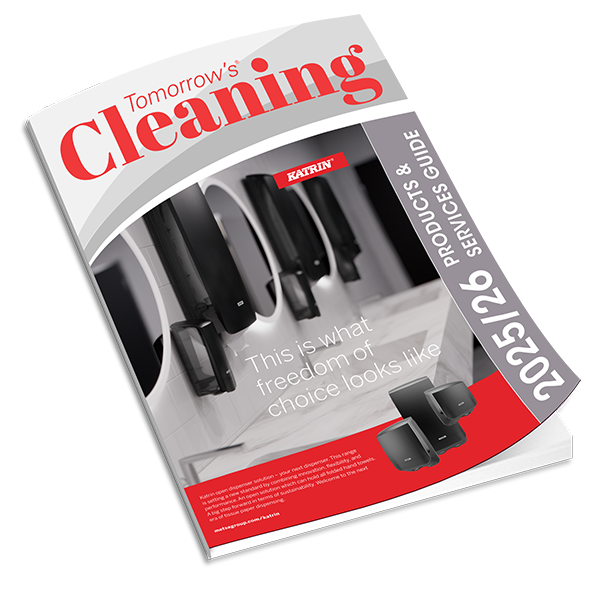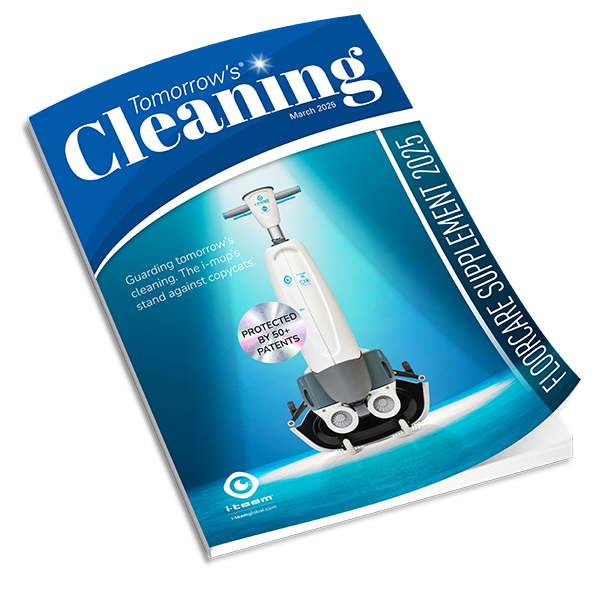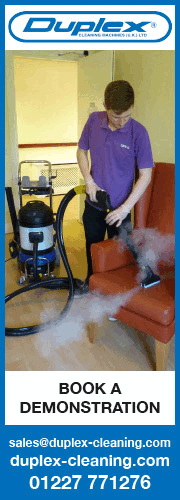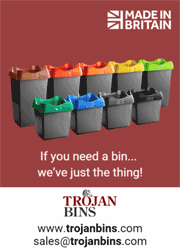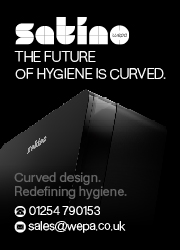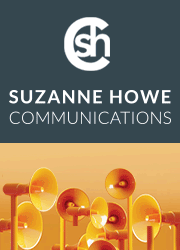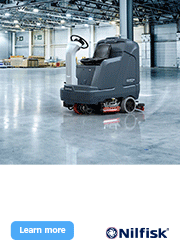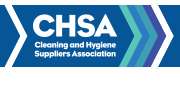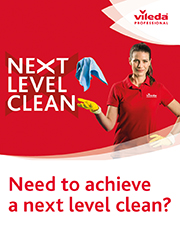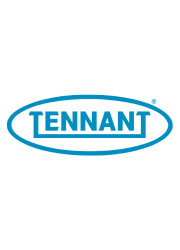Businesspeople from the cleaning and hygiene sector have urged industry colleagues to get behind the British Cleaning Council-led (BCC) lobbying campaign to make cleaning and hygiene a national priority.
Dave Wheadon, CEO of BCC member the National Carpet Cleaners Association (NCCA), Billy Russell, owner of Billy Russell Cleaning, Angela Gill, Managing Director of Bio-Productions, are among those who have met and lobbied MPs recently in support of the campaign.
David Garcia, Vice President and Treasurer of BCC member the Cleaning and Hygiene Suppliers Association (CHSA), had earlier met the Rt Hon Andrea Leadsom, Conservative MP for South Northamptonshire, while Jim Melvin, Chairman of the BCC, has also met the Rt Hon Grant Shapps, the Conservative MP for Welwyn Hatfield.
The cleaning, hygiene and waste industry came together earlier this year to call for sector staff to help lobby MPs to have the recommendations in the report by the All-Party Parliamentary Group (APPG) for the Cleaning and Hygiene Industry, entitled Embedding Effective Hygiene for a Resilient UK, accepted in full.
Since then, individuals, businesses and trade associations across the country have been downloading and adapting a pre-written letter about the campaign from the BCC website and emailing it to their local MP.
BCC Chairman, Jim Melvin, said: “I want to say a very big thank you to all those who have contacted their MP in support of the APPG report and our campaign.
“This is a hugely important issue. We are one of the biggest industries in the UK, worth £59bn and with a vital, frontline role in keeping people safe, well and healthy, so it is time the Government sat up and paid us the attention we are due.
“We need cleaning and hygiene to be a top priority in this country – it will help save lives in the long run. So please, if you haven’t already taken part, give us your support – it’s easy to do.”
Mr Wheadon asked fellow NCCA directors – including Billy Russell – to give their backing to the campaign, so Mr Russell wrote to his local MP, the Rt Hon Jesse Norman, Minister of State in the Department for Transport. Mr Norman, MP for Hereford and South Herefordshire, responded to Mr Russell’s letter and agreed to visit his company office to discuss it with both of them.
Speaking after the meeting, Mr Wheadon said it had been a wide-ranging discussion on issues including the need for recognition for cleaning staff, the need for an industry-wide Apprenticeship and how to attract young people to the industry.
Dave commented: “The meeting went really well. It was a good, detailed discussion and Jesse was really interested, he listened and asked how he could help. Without our industry, the country would not have dealt with COVID as effectively as we have, but what our industry did has been forgotten.
“We have to make sure they don’t forget what our industry did during the pandemic, we need to maintain our voice and get behind this campaign.”
Billy Russell added: “I don’t think a lot of people understand what the industry entails, but Jesse really took it all on board and we gave him a lot of information. The only way we will make this succeed is by working together as an industry. The more people take part, the more likely this campaign will work.”
Angela Gill, who is also a Freeman with BCC member the Worshipful Company of Environmental Cleaning (WCEC), met with Mims Davies, MP for Mid Sussex and Parliamentary Under Secretary of State at the Department for Work and Pensions, and had a ‘comprehensive’ and ‘constructive’ discussion.
Angela stated: “We’re at the end of a two or three-year period where hygiene became the top priority for the entire world. Now’s the time to capitalise on that momentum and awareness and not let the lessons of the pandemic be forgotten.
“This campaign is about ensuring cleaning and cleanliness remain top of the agenda for years to come so we can protect the vulnerable, and so we aren’t caught unawares next time a new virus comes along.
“More personally, it’s about making sure cleaning workers are recognised for what they do. They need to feel more valued, to be celebrated for the contributions they make to keeping people safe.
“The old adage that there's strength in numbers is true for campaigns like these. The cleaning industry plays a vital role to the lives of everyday people as well as the UK economy.
“It may not be the most attention-grabbing or headline-hitting industry, but what we do matters and hygiene saves lives. The more of us who speak up and work together, the more likely we are to succeed.”
The APPG report has been backed by the British Cleaning Council and 21 associations from all across the industry. Its recommendations, if implemented, would put cleaning and hygiene at the heart of the national agenda, making the nation much more resilient to current common infections and also much better prepared for future public health emergencies, like the COVID-19 pandemic.
The BCC has circulated a QR code which people can scan or they can visit this website to find the letter, APPG report, a petition and details of their local MP. The drive takes place under the umbrella of the BCC’s ‘We Clean, We Care’ campaign.
The Embedding Effective Hygiene for a Resilient UK report made 11 key recommendations, summarised below:
- The establishment of a joint Government-industry preparedness team to plan for public health emergencies.
- Minimum levels of cleaning materials and equipment to be agreed and made available in readiness.
- Thought to be given to how to increase production during a public health emergency.
- Key frontline worker status must be bestowed upon cleaning operatives and staff working in supply and manufacturing if a pandemic happens.
- Urgent consideration to be given to making cleaning staff eligible for the Skilled Worker Visa scheme.
- Minimum standards for hygiene infrastructure and cleaning in diverse venues to be agreed.
- A standard qualification for cleaning to be developed within the Apprenticeship Levy.
- Training budgets for cleaning operatives should be adequate.
- Government communications around hygiene in times of pandemic should be clear, consistent, sustained, timely, relevant and specific.
- The Government should use behavioural science-based communication campaigns to promote hygienic behaviour to the public.
- The Government should support the cleaning and hygiene industry in realigning perceptions of the industry.
www.britishcleaningcouncil.org















